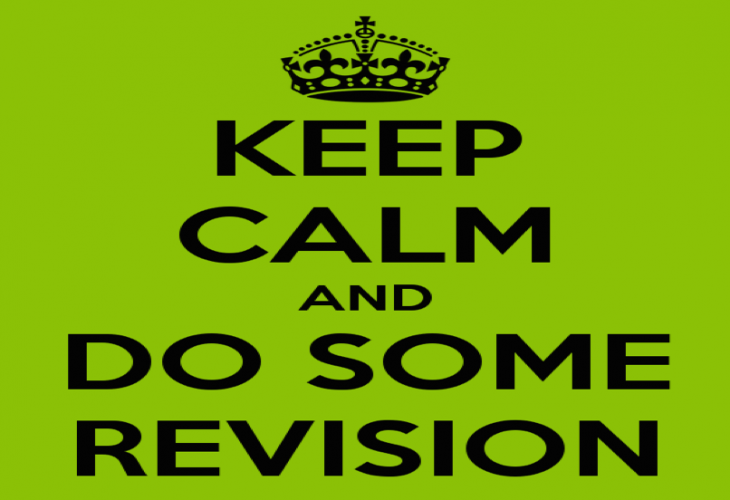
Recap of Dr. Stubblefield’s Visit
By Quinton Bent
On Monday November 26, 2018, I had the privilege of bringing Dr. Stubblefield in to talk to our Possessional writing class about the importance of editing and revising. Dr. Stubblefield is an assistant professor of English at Southern Wesleyan University and an avid basketball fan who still plays weekly pick-up games at SWU. He began teaching English Composition and various literature courses at SWU in 2015.
Going into the forum discussion, it was agreed his presentation would focus on editing, and it did; however, he surpassed everyone’s expectations when he went above and beyond by providing a detailed worksheet of pointers for the audience.
Before delving into his main presentation, he identified the problem people have with editing. The main problem people have with editing is the fact that people generally do not like to hear or see the same thing twice. The example he gave was that people usually like watching a movie better the first time rather than watching the same movie for a second or third time. Editing becomes very boring and tedious, therefore there is a special discipline for it. People who are serious about improving their work usually spend more time working on the editing process than they do writing their original draft. If you’re willing to have the discipline to re do and work on your original draft you will be better off in the long run. In todays society, there is a tyranny of the new. Once people are done with something, they just want to move on as quick as possible. This should not be the case when trying to create a solid piece of literature. Most successful writers are able to say no to outside distractions or new tasks until the one at hand is complete. Once they commit to a project, they keep working till it is a perfect piece of art. Dr. Stubblefield’s father is a woodworker. He loves what he does so much that he will sit there working on one project until every aspect of it is perfect. The art of wood working is similar to how writers should treat their work- they should not stop working on it until everything is right.
Along with basic grammatical errors, writers should seek to improve overall writing styles. The best way to improve at this is to think about what established authors you like the most, and emulate their style. Use their works as a stencil to guide you through your own work.
Dr. Stubblefield focused on four areas: line-by-line or sentence level units, paragraph edits, integrating quotations, and argument edits.
Line-by-line or sentence level edits
On a line by line level, there are a few important questions to ask yourself when revising. The first question one should as is: can I cut any part of the sentence and retain the same meaning? The second question is: do I need to look at a list of strong verbs online or somewhere else for reference? The third question: are there any unnecessary nominalizations (it is like the whole world dislikes these things!)? And the fourth and final question is: How many prepositional phrases are in my sentence? Too many? Do I use more than two prepositional phrases in a row? In sum when looking to edit on a line-by-line level you should make sure you are efficient and clear and concise. If there is an opportunity to use 3 words instead of 8, seize it.
Paragraph Edits
From a paragraph level, the most important question to ask is if there is a transitional device used at the beginning of the paragraph? If not, there will be no flow to the piece. When using these transitional devices, it is important to make sure every sentence is still relevant to the main idea of the paragraph. If not, there may be a hole in the logical development of the paragraph. Creating a hole means you have to fill it with additional information which contradicts the idea of being clear and concise.
A good way to keep paragraphs organized is to impose some kind of logical order or schema. The use of “first, second, third” is useful when listing items within a paragraph that could be dense and otherwise confusing.
Integrating Quotations
When integrating quotations, it is important to ask yourself if you frame the quotes, there should not be any “hit and run quotations” where the only thing in a sentence is the quote. You need to have effective signal phrases when introducing a quote. But, it is important to use a mixture of signal phrases. If you use the same one repeatedly, the reader will become bored. Also, a writer should make sure the paper is primarily author-driven; not source driven. Too many quotations make the reader think that it isn’t your own argument, rather you are just rewording someone else’s.
Argument Edits
The major question to ask when making an argument edit is whether or not signposting is necessary. Sometimes signposts are good to include before making a long, complex argument. The use of signposts make it possible for the reader and writer to state the main argument out loud. If the author can’t state his or her own argument out loud, the reader will struggle with finding the argument. One way to ensure the argument is correct is by printing the paper out and checking to see if each section length seems right. Longer papers should “fit together”.
In conclusion, editing is the most important part in the writing process. The desire to edit ultimately comes down to whether or not the writer wants to get better or not. If the writer is willing to take criticism, then clearly the work is worth it to them; if not, the writer is clearly satisfied with being average. Writing, like anything in life, is a skill that must be practiced repetitively to become good at.